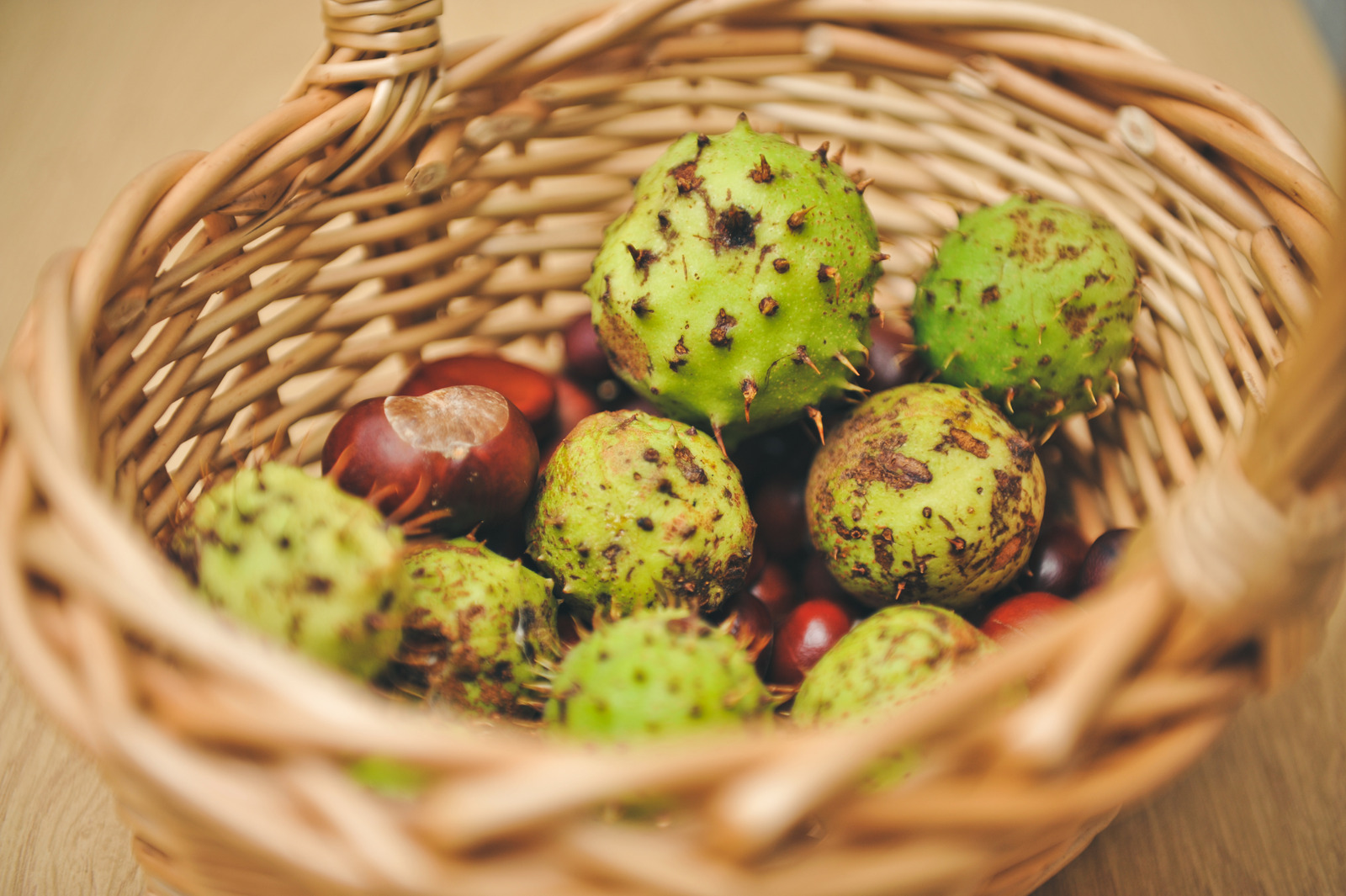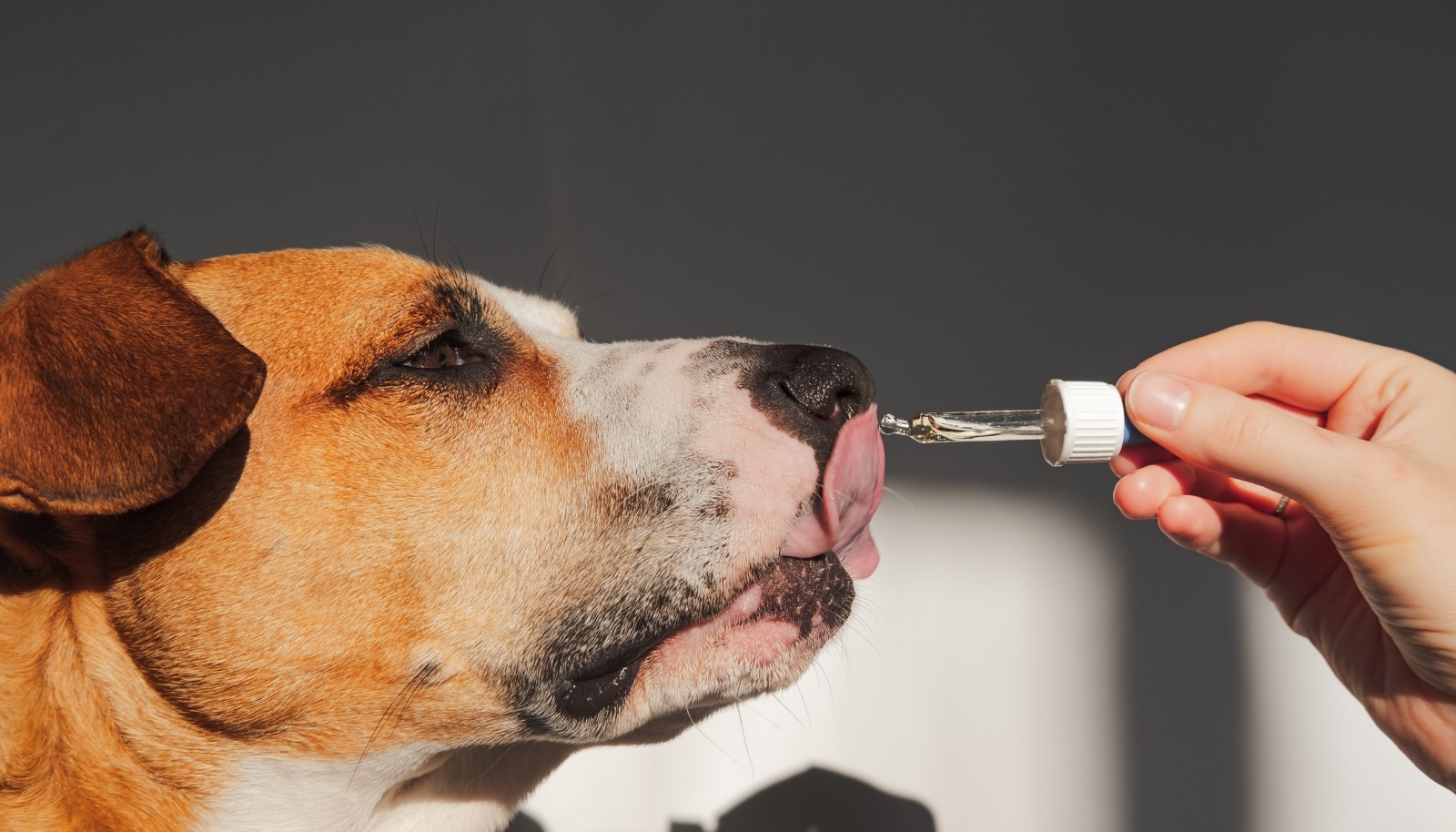
The Horse Chestnut tree, in Greek mythology, is sometimes associated with either Hera (wife of Zeus and queen of the Greek gods) or the Hesperides (nymph sisters who tend to a garden of golden apples). The Hesperides play a significant role as guardians of these precious apples, and it is occasionally mentioned that horse chestnut trees were present within their garden.
The chestnut tree or chestnut plant is a tree belonging to the genus Castanea, known by its scientific name. The chestnut tree typically grows to heights of 25-30 meters and has a large, irregularly branched structure. The most well-known species of chestnut tree include the American chestnut (Castanea dentata), the European chestnut (Castanea sativa), and the Japanese chestnut (Castanea crenata).
The Chestnut Tree is known for its fruits, the chestnuts. Chestnuts are fruits that are covered with spiny skins and contain an edible seed inside.
The Chestnut Tree is also a preferred tree species in landscaping and is also visually valuable. Especially in autumn, the colourful leaves of chestnut trees add beauty to the landscape.
Anti-aging Effects: Antioxidants in chestnuts protect the skin against free radical damage. This can help keep the skin young and healthy. These ingredients can reduce the aging of the skin and reduce wrinkles.
May Nourish the Skin: It can moisturise and nourish the skin. In this way, the skin may have a healthier, softer and brighter appearance.
May Nourish Hair: It nourishes and strengthens the hair follicles. It can help make hair look thicker and healthier. Some ingredients in chestnut can prevent hair loss by strengthening hair follicles. It can stimulate hair follicles and stimulate hair growth. This can help hair grow faster and healthier.
It is a Nutritious Food: Chestnut is rich in carbohydrates, protein and fibre. It is also rich in minerals such as B vitamins, potassium, phosphorus and magnesium. Therefore, it is preferred as a nutritious snack.





